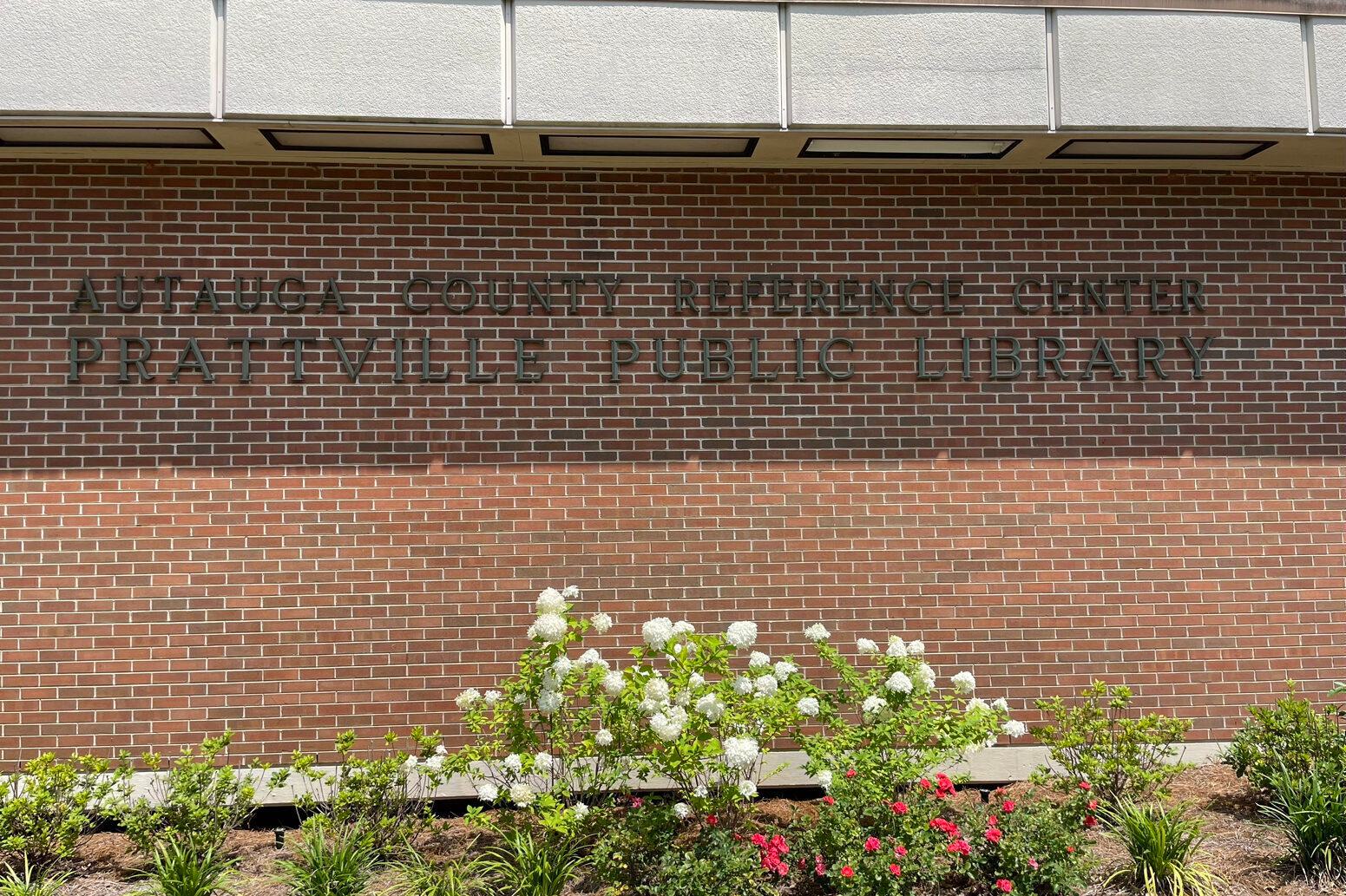Recent rule changes made by the Prattville-Autauga Library Board of Trustees could create an interesting predicament for a federal lawsuit filed by those fighting to keep sexually explicit books in the library's children's section.
The statewide debate surrounding sexually explicit books made available to minors began at the Prattville library.
After months of dueling between those supporting and opposing books' inclusion, the entire board was replaced. The board also fired a relatively new library director, who filed a now-settled suit against the board after his termination.
The newly formed board also passed a series of policy changes related to the procurement and display of books that contain "obscenity, sexual conduct, sexual intercourse, sexual orientation, gender identity, or gender discordance." It also mandated age-specific library cards to ensure minors could not check out specific material.
In response, the library board was sued in federal court, claiming that the policies were unconstitutional and overly broad.
The Alabama Library Association (ALLA), the state chapter of the American Library Association; Read Freely Alabama, a group started in response to the movement in Prattville, and several residents on behalf of their minor children are all named as plaintiffs in the suit.
"The Selection Criteria Policy and Library Cards for Minors Policy each violate the First Amendment of the United States Constitution. They are overbroad. They discriminate on the basis of content. And they are vague," the lawsuit reads. "Plaintiffs, who include library card holders injured by the policies, a local grassroots organization of library supporters and patrons, and a statewide organization of librarians and library supporters, therefore ask this Court to invalidate these violations of the First Amendment, to declare the policies unconstitutional and void, and to enjoin the Board from implementing or enforcing these policies."
On Monday, the board amended its rules, mostly conforming with the recently passed regulations from the Alabama Public Library System (APLS), which is required for libraries to continue receiving state funding. The APLS rules give specific guidelines of definitions for libraries to use when reviewing, relocating or removing books deemed "obscene" or "sexually explicit."
The new rules also conform with state obscenity laws as to what is permissible to distribute to minors. State law exempts libraries from current obscenity laws. However, the board uses the state definition of "obscenity" in Alabama's legal code to regulate what is acceptable to distribute to minors. The library will still be criminally exempt, but the director is not compelled to distribute definitionally "obscene material."
Library Policy by Craig Monger on Scribd
"[T]he Library staff shall not purchase or otherwise acquire any material advertised for consumers under the age of 18 which includes obscene or sexually explicit content (as those terms are defined in state or federal law) or which is otherwise deemed inappropriate for children or youth by the Library Director2 in the exercise of common sense and professional judgment, and in compliance with any applicable laws and any relevant standards, guidance, or policies adopted by the Board of Trustees."
The rules also allow patrons to appeal any book's removal if the patron believes the removal was in error, only if a specific book has been removed within the last 30 days.
The new rules also entrust the library director with determining a book's merit. The board also passed a resolution on Monday that allows it to override the director in specific situations. However, the board cannot reverse the library director's decision to remove a book if it contains mature themes such as sexual orientation, gender identity, sexual abuse, and more.
Since the new Prattville-Autauga rules align with state requirements, the question of the federal lawsuit becomes interesting. If the lawsuit against the Autauga-Prattville Library Board is now moot since it complies with state regulations, the state could be added to the complaint and compelled to defend the APLS's policies.
Bryan Taylor, the attorney representing the board in the ongoing court battle, wouldn't comment on the litigation but said that aligning the board's policies to the APLS rule appropriately considered the potential ramifications of any future challenges to the new policies.
To connect with the author of this story or to comment, email craig.monger@1819news.com.
Don't miss out! Subscribe to our newsletter and get our top stories every weekday morning.










